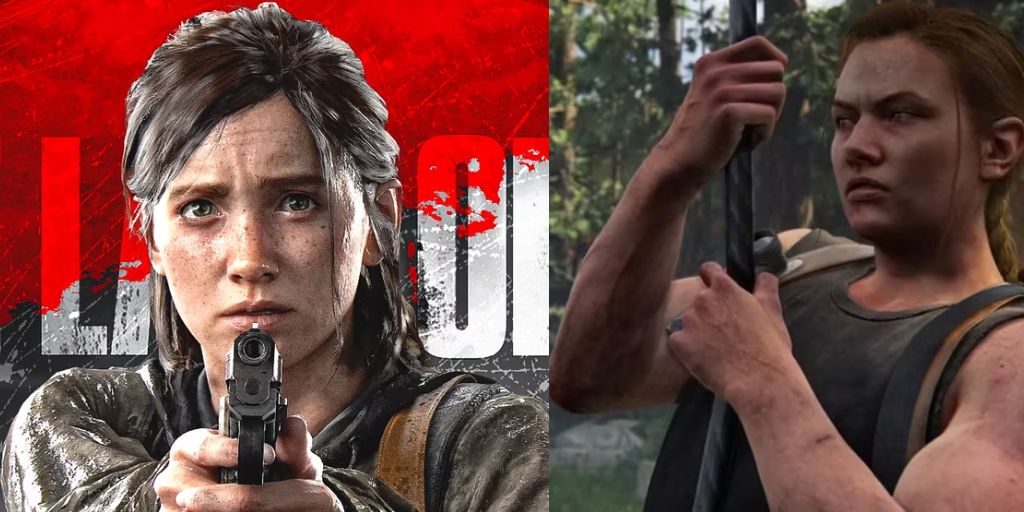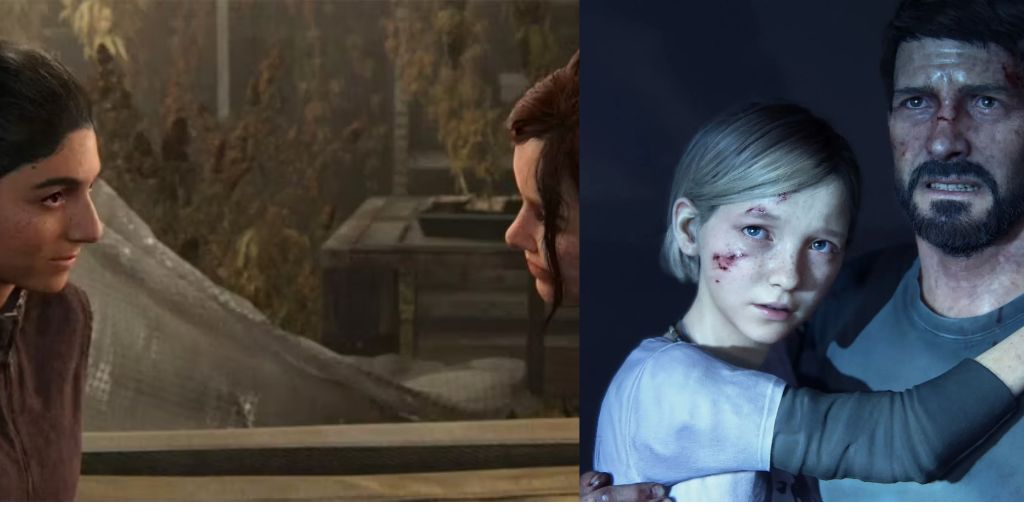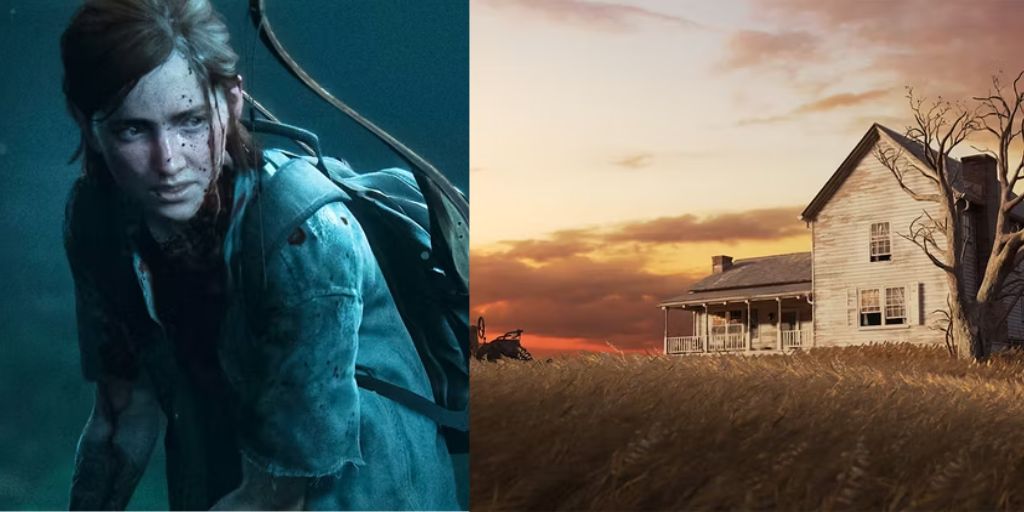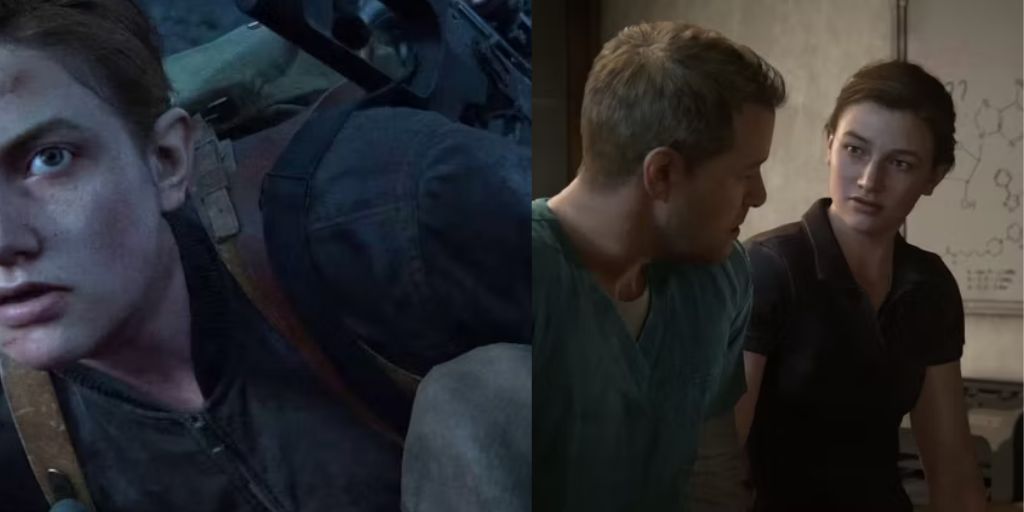The Last of Us, both as a television series and a video game, tells a gripping and heart-wrenching story that continues to resonate with long-time fans and newcomers alike. Joel’s fateful decision to save Ellie at the expense of others in the original game has sparked intense debates ever since its release in 2013.
Now, The Last of Us Part II confronts the emotional and moral aftermath of this decision, offering even deeper complexity. For those who wrestled with Joel’s controversial choice, the sequel’s narrative will either reignite or further complicate your feelings on the matter.
The sequel takes a hard look at the consequences of Joel’s actions, mainly through Ellie’s lens, and shows how trauma, revenge, and moral ambiguity shape her journey.
This article goes into the key moments of The Last of Us Part II and highlights how the game’s story could influence future seasons of the HBO series, especially since changes were made in the adaptation of the first game.
Ellie’s Quest for Vengeance
The Last of Us Part II begins four years after the events of the first game, with Joel and Ellie now living in relative safety within a large community settlement in Jackson, Wyoming.
However, their relationship has become strained, partly due to the secret Joel has been keeping about the Firefly scientists and Ellie’s immunity. This distance sets the emotional stage for the events that follow.
While Joel and his brother Tommy are out on patrol, they rescue a woman named Abby from a group of Infected. Little do they know, Abby is part of a militia group from Seattle known as the Washington Liberation Front (WLF). Her mission is not just survival—Abby seeks revenge.
Joel, the man who saved Ellie, also happens to be the person responsible for her father’s death. Abby’s father was one of the surgeons who Joel killed when rescuing Ellie, an act that continues to haunt Abby. In a shocking moment, Abby kills Joel as Ellie is forced to watch.
This traumatic event sets Ellie on a path of vengeance. Consumed by her need for justice, Ellie swears to hunt down Abby and make her pay. The emotional weight of this decision shapes Ellie’s journey throughout the game. Joined by her love interest, Dina, Ellie sets out for Seattle to find Abby and the WLF.
Along the way, Ellie reveals her immunity to Dina, who in turn confesses that she is pregnant with her ex-boyfriend’s child. The journey becomes even more complicated when Jesse, Dina’s ex-boyfriend, also joins them.
Ellie’s search leads her deeper into the violence of post-apocalyptic Seattle, where she faces both the WLF and a mysterious religious cult known as the Seraphites. As Ellie hunts down Abby’s friends, she begins to confront the dark reality of her quest for revenge.
In one pivotal moment, Ellie kills a pregnant woman named Mel, one of Abby’s closest friends. The trauma of this act, along with the mounting emotional toll, forces Ellie to reflect on whether revenge will bring her the closure she so desperately seeks.
Abby’s Perspective: The Other Side of the Story
In a surprising narrative twist, The Last of Us Part II shifts its focus to Abby, offering players a new perspective. This bold storytelling choice puts Abby, the game’s antagonist, in the protagonist’s role. Suddenly, players are asked to see the world through Abby’s eyes, empathizing with her pain, her motivations, and her complicated relationships.
Abby’s backstory reveals the deep emotional scars she carries from losing her father. Her desire for revenge mirrors Ellie’s, as she seeks justice for Joel’s brutal murder of her father. Abby’s journey in the game showcases her relationships with other members of the WLF, including her ex-boyfriend Owen.
Like Ellie, Abby must also face the consequences of her choices. She is caught in a battle between the WLF and the Seraphites, a violent conflict that forces her to make difficult decisions.
Abby’s story takes an emotional turn when she meets Yara and Lev, siblings who have been cast out of the Seraphite community. Lev’s story is particularly poignant, as he faces persecution for being transgender.
Abby, who initially has no reason to care about these strangers, finds herself bonded to them through their shared struggle for survival.
The bond she forms with Lev, in particular, becomes a key aspect of her journey. Much like Joel’s relationship with Ellie, Abby takes on the role of protector, risking her life to save Lev from the Seraphites and the WLF.

As Abby’s story unfolds, the player is forced to confront their own biases. While Ellie is driven by revenge, Abby’s journey is about redemption and protecting those she cares about. The moral grayness of both characters blurs the line between hero and villain, challenging the player to question their initial perceptions.
The Climactic Confrontation Between Ellie and Abby
The inevitable clash between Ellie and Abby comes to a head in a brutal and emotionally charged confrontation. After months of searching, Ellie finally finds Abby and Lev held captive by a group known as the Rattlers.
In a heart-wrenching battle, Ellie threatens to kill Lev unless Abby fights her. What follows is a visceral, no-holds-barred fight in the ocean, where both women are pushed to their physical and emotional limits.
In a moment that echoes Joel’s fateful decision in the first game, Ellie chooses to spare Abby’s life. This decision, however, does not come without its own cost. Ellie returns to her farm, only to find that Dina and her baby have left.
In a final poignant scene, Ellie attempts to play Joel’s guitar, only to realize she can’t because of the fingers she lost in the fight with Abby. The game ends with Ellie leaving the guitar behind and walking into an uncertain future, burdened by the weight of her choices.
How ‘The Last of Us: Part II’ Could Shape Season 2 of the HBO Series
The Last of Us Season 2, set for a 2025 release, is expected to follow the narrative of The Last of Us Part II. Given the success of the first season, fans are eagerly anticipating how the show will adapt the complex, morally ambiguous storylines of the second game.
While the series made some changes in its adaptation of the first game, it’s likely that Season 2 will stay true to the emotional core of the sequel’s narrative.
The recently released trailer for Season 2 offers glimpses of what’s to come. Joel, played by Pedro Pascal, gives Ellie (Bella Ramsey) a guitar, a key emotional moment from the game.
Abby, portrayed by Kaitlyn Dever, is also introduced in the trailer, kneeling at her father’s grave—a visual representation of the pain and grief that drives her character.

One intriguing moment from the trailer features Joel in conversation with a mysterious woman, possibly hinting at a public confrontation about Joel’s decision to save Ellie at the expense of the Firefly scientists. This deviation from the game’s narrative could allow for deeper scheme of Joel’s guilt and Ellie’s feelings of betrayal.
The inclusion of Pearl Jam’s “Future Days” in the trailer—a song that Joel plays for Ellie in the game—further ties the show to its source material.
However, some fans have pointed out a timeline discrepancy, as the show’s Cordyceps outbreak occurs in 2003, a full decade earlier than in the game. While this may seem like a minor detail, it remains to be seen how the showrunners will address this continuity issue.
What to Expect in Season 2
As The Last of Us Season 2 gears up for its release, fans can expect a continuation of the powerful themes that made the first season so impactful. Revenge, grief, trauma, and forgiveness will all play central roles in the upcoming season, just as they did in The Last of Us Part II.
The show’s ability to translate the emotional depth and complexity of the game into a television format will be key to its success.
The dynamic between Ellie and Abby, much like the relationship between Joel and Ellie in the first game, will likely be the emotional centerpiece of the season.
Viewers will be challenged to empathize with both characters, despite their conflicting motivations. As Abby and Ellie’s paths cross, the show will show the cost of revenge and whether true redemption is even possible in a world as brutal as this one.

Ultimately, Season 2 promises to push the boundaries of storytelling in the post-apocalyptic genre, much like the game did. With a talented cast, visionary showrunners, and a story that has already attracted millions, The Last of Us Season 2 is poised to be another landmark in television history.
The Last of Us Part II follows Ellie’s journey for revenge after Joel’s death, leading to an emotionally complex confrontation with Abby, who seeks justice for her father.
Both characters’ stories shows trauma, revenge, and redemption. Season 2 of the HBO series will likely mirror the game’s intense themes, continuing the moral ambiguity and emotional depth of the first season.





